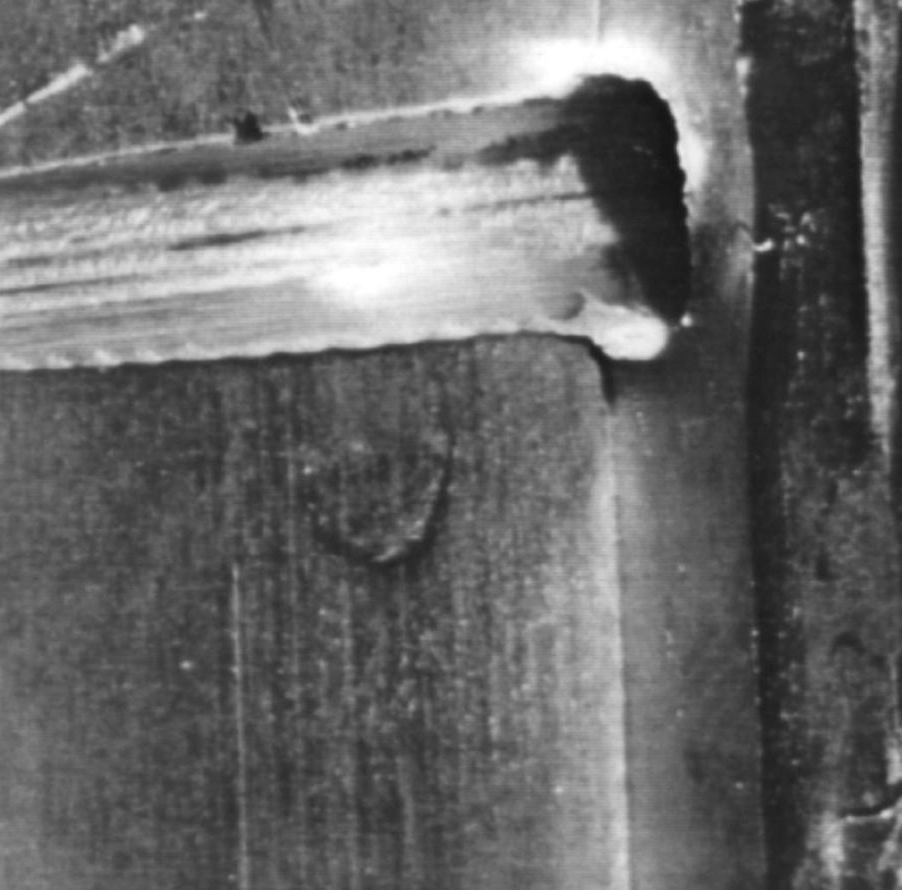Deformation from Ejector Pins Defect
Defects
Cause
The casting is still soft and adheres to the die during ejection, causing it to bend or deform as the ejector pins attempt to push it out.
Corrections
-
Examine for undercuts and drags: Ensure the mold is free of undercuts or drags that could hinder the smooth release of the casting.
-
Verify hold or dwell time: Adjust the hold or dwell time to ensure the casting has adequately solidified before ejection. A short dwell time may result in a soft casting that bends under ejector force, while an excessively long dwell time may cause the casting to shrink onto the die, requiring more force for ejection.
-
Evaluate machine ejection system: Check for any uneven or jerky movements in the ejection system that could cause impact forces and damage the casting during ejection.
-
Assess die design: Review the die design to identify potential issues that could contribute to ejector pin-related deformation:
- Insufficient ejector pins: Ensure a sufficient number of ejector pins are present to distribute the ejection force evenly.
- Improper ejector pin placement: Verify that ejector pins are strategically positioned to apply balanced force around cores, other ejection-resistant features, and areas prone to sticking.
- Ribs under ejector pins: Consider incorporating ribs under ejector pins to spread the ejection load and prevent excessive pressure on the casting.
- Ejector pin size: Ensure ejector pins are appropriately sized for the casting and the required ejection force.
- Ejection guidance system: Inspect the ejection guidance system for wear or damage that could cause the ejector plate to wobble during ejection, leading to uneven force distribution.
- Balanced ejection load: Ensure the ejection load is evenly distributed across the ejector pins. If an unbalanced ejection load is necessary, verify that the ejector plate guidance system is designed to handle the off-center loading.

Please note that the information provided in this article is intended to be a general guide to the causes and corrections of deformation of metal castings due to ejector pins. However, it is important to note that the specific cause and correction of any particular defect will vary depending on the specific casting process, alloy, and other factors. Therefore, it is important to consult with an experienced and professional engineer to ensure that the correct diagnosis is made and the most suitable correction is chosen.